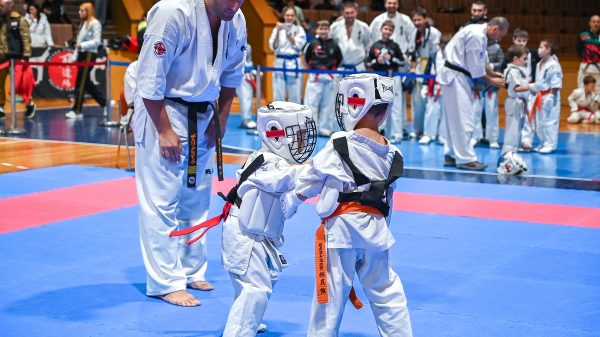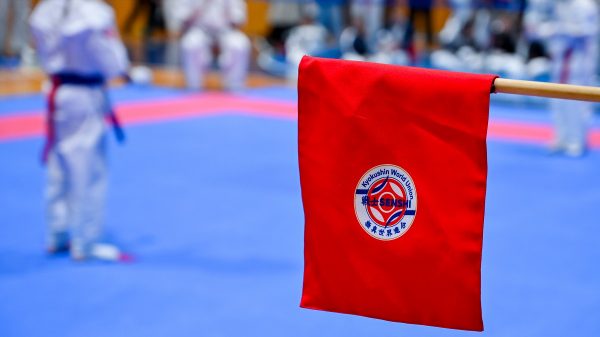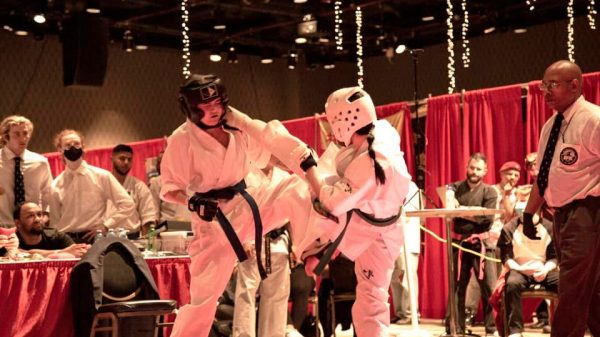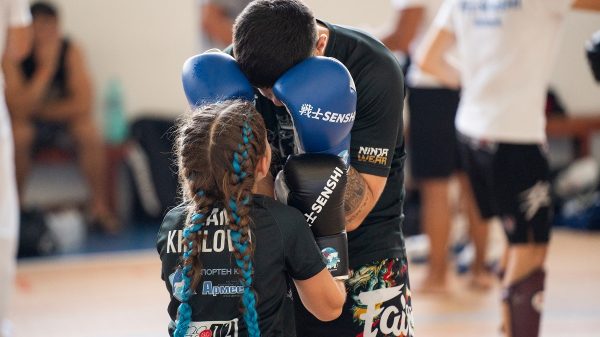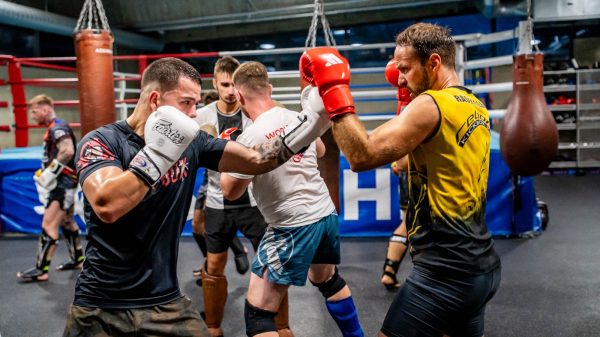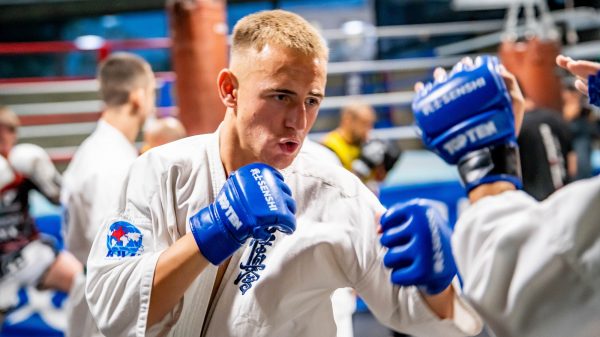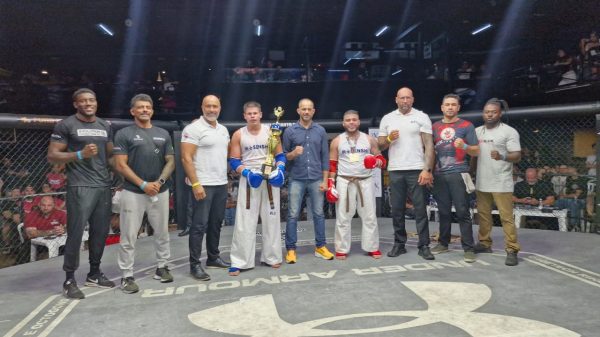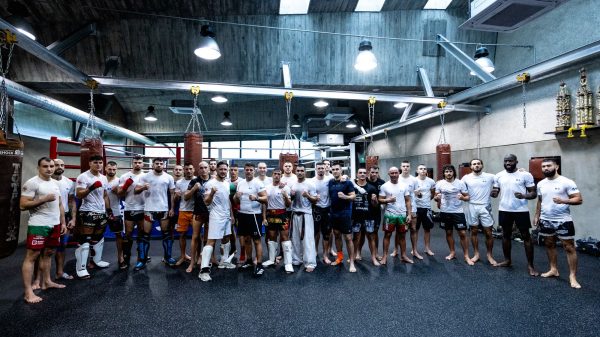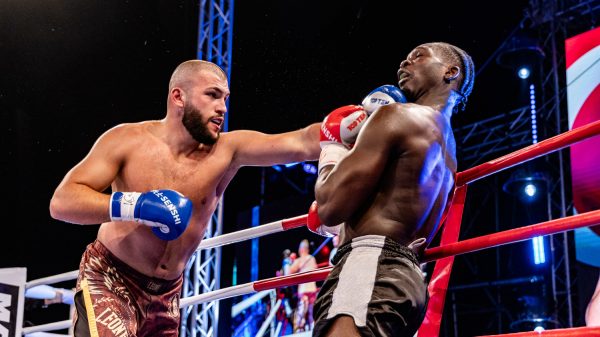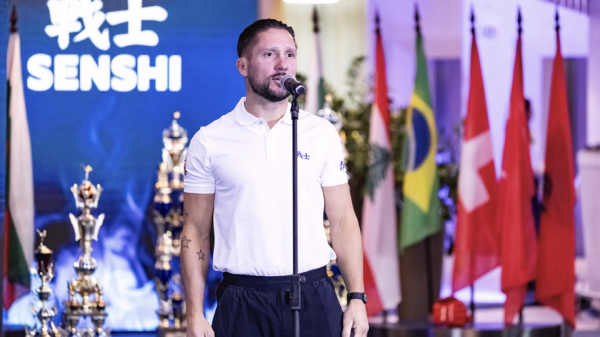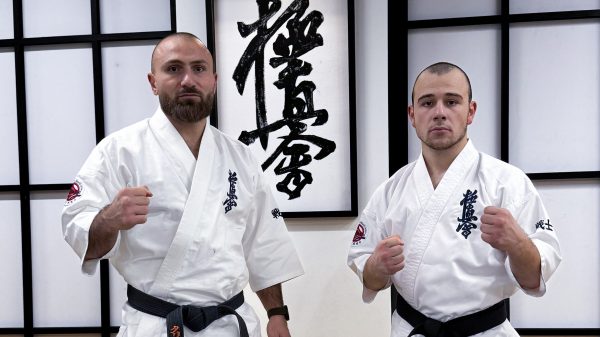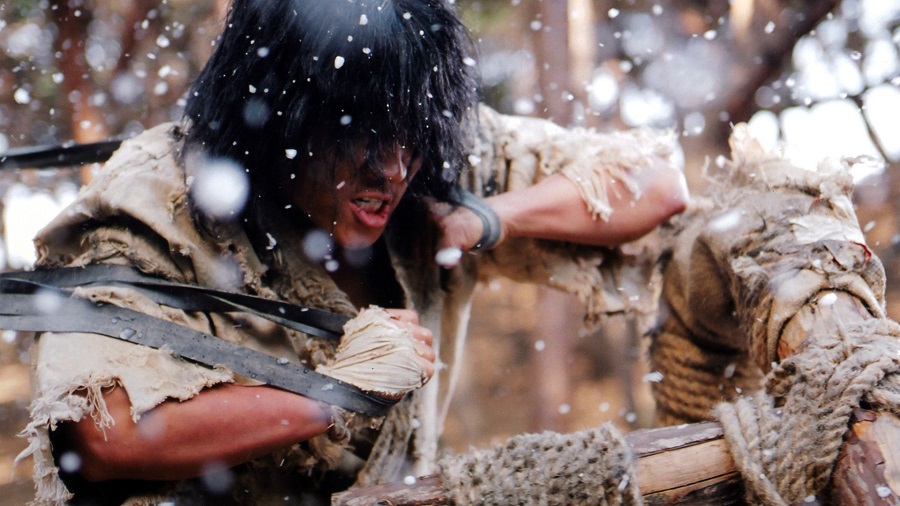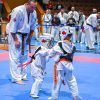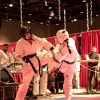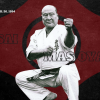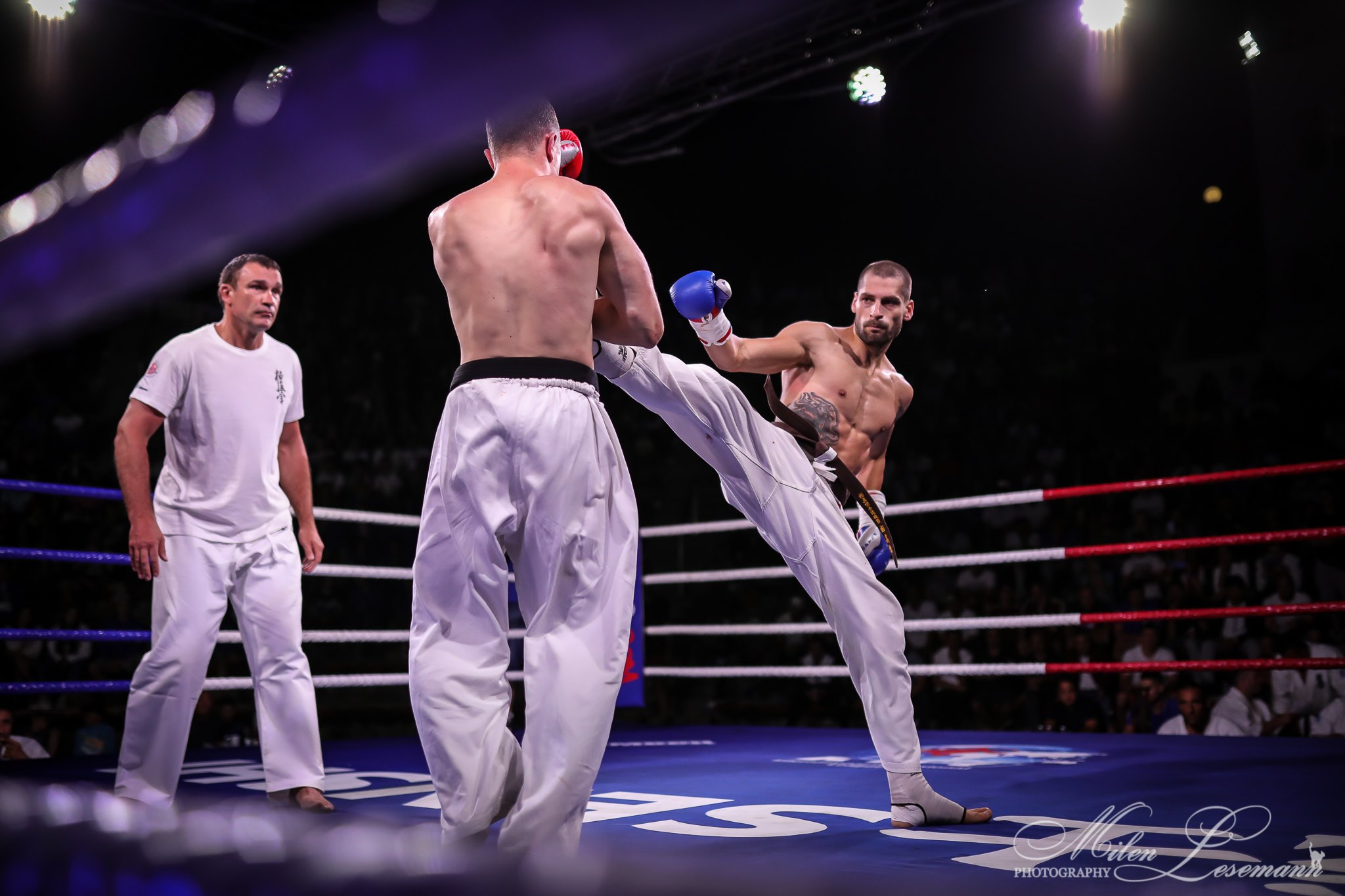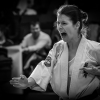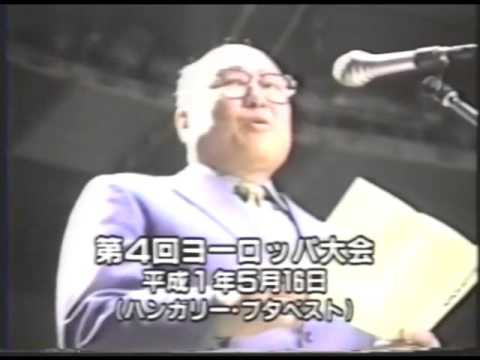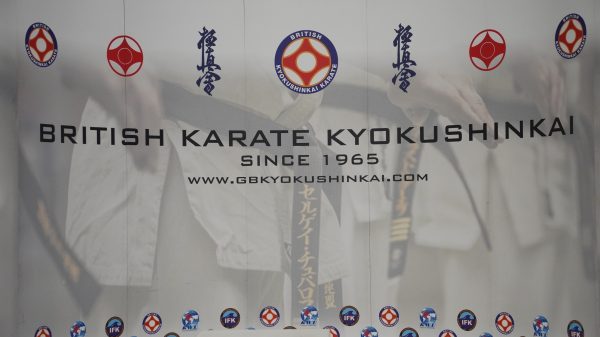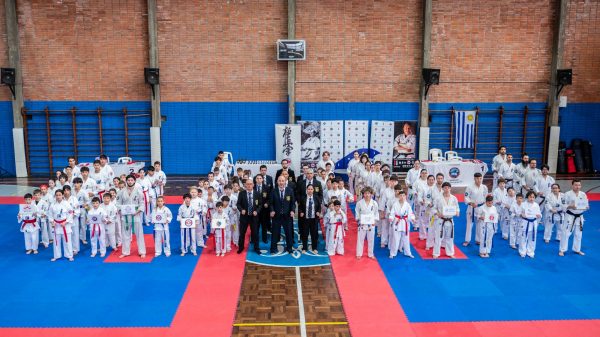By Joel Huncar / Martial Artist
I warn you now, I knew when I wrote this article that it would make some people uncomfortable. All I ask is that you read to the end before you get out the pitchforks and torches. This article is simply based on my opinion, which has been formed from my personal experiences. I hope this will spark healthy conversation and the sharing of opinions, and I welcome hearing yours.
Humility and martial arts are supposed to go hand in hand, along with respect, integrity, and honor. However, if you take a long, hard look at the culture of martial arts, you may begin to doubt its efficacy in instilling those virtues in practitioners any more than any other sport or discipline. Over the years in this industry, I have witnessed behavior that tells me humility, honor, and integrity may be integral to a select few, but for the most part, they are just catchphrases used to manipulate people.
Humility is one of the virtues a sensei, guru, sifu or other martial arts teacher seems to throw out to attract potential parents into enrolling their children into their programs. Many also use such high-minded ideals to manipulate vulnerable adults into behaving in ways that are beneficial to their coach. It is easy to do this, as the public seems to readily believe these myths about martial artists being somehow enlightened through punching people in the face.
At first, students in some traditional martial arts learn discipline and obedience, and possibly humility, through this. They bow and answer respectfully to every demand their black belt mentors make of them. They follow instructions as though they were programmed. But I question whether this kind of programming is true humility or simply mindless obedience to authority figures. Yes, children do need to respect those in charge, be they parents, teachers, or coaches, but I question whether it teaches children to be critical thinkers.
I need to say here, I do believe that most instructors are decent and hardworking coaches who want to do their part in making their young students into better citizens and family members. But in any position of power, you are going to find people who abuse it, including instructors who take advantage of their students. I have also seen many instructors who, because they are the authority and expert within their own classes, begin to act like their word is irrefutable anywhere they go.
There is unrealistic importance put on martial arts by many martial arts coaches. I also am a victim of this attitude. Martial arts are my passion, my mission, and my salvation in many ways. It is incredible to think about what this activity has done for me. My coaches saved me from a lifestyle that likely would have killed me. They helped me work out some inner demons I had to exorcise.
However, I have to ask whether this was due to the arts themselves. Was it simply that I needed tough mentors with gentle hearts in my life? Could I have found the same mentoring from a tennis coach if that had been my passion? I think it is likely that it was my coaches who really helped me, and the arts were just a vehicle for them to deliver their examples of humility, strength, and care. I was just lucky to find very good sources for me to put on pedestals and make my surrogate fathers (oh, this story goes deep, but is for another article).
Many martial arts instructors seem to believe in their own mythologies. They see Mr. Myagi on the silver screen and believe they are Mr. Myagi in real life. Some expect their students to treat them as their sensei on or off the mats – even adult students! To put it in perspective: If you belong to a group of people who dress up in anachronistic clothing and live in a subculture with its own set of rules and etiquette… you are a LARPer. Once you step out of your make-believe reality your title and different martial achievements have no meaning. You are simply Mary or Bob or whatever name your parents gave you.
On the mats, someone may be Shihan, Professor, or whatever title they have achieved, and should be proud of within the realm of martial arts. However, the argument that these people give, that they have put as much time as a doctor or lawyer in learning their craft, is usually not true. Doctors and lawyers work full time in school plus have grueling loads of homework every day until they get to intern. The sacrifice they make for their title is way beyond what the average black belt or even umpteenth degree black belt has done. I am sure there are a few people who trained full time to get where they are but that is the exception, not the rule. Most martial artists worked full time or went to school full time and put in years in an off-time hobby.
Being a doctor, professor, lawyer are all vocations that our culture considers the high status. While many in our culture are in awe of our black belts, it does not earn us instant respect and admiration from most people because they see us as people who have a hobby that is different than theirs and we just happen to be good at it. To be honest, they may be right. Maybe they have put hours into learning how to bowl or play hockey, but unless they are very successful professional athletes, that does not give them any special status in our culture. Yet I see many martial artists who think what they do is extraordinary.
They are not wholly wrong. I do believe that what we teach is very special. There are cultural arts that connect us to old traditions, and when we teach them to our students, we are helping preserve something ancient and beautiful. The teachers, however, are not special; we are just very fortunate to be able to be part of keeping alive that historical tradition.
I know that comparing the arts that have become life-defining disciplines to bowling and LARPing will anger many of you, and believe me, I get it. Martial arts are what my entire life revolves around but thinking of it that way keeps it in perspective for me. It is my way of keeping my ego in check.
When I hear of martial artists expecting grown adults to call them by their title and greet them with the proper dojo etiquette when they meet while shopping, or in another public place outside of the dojo, I see a problem with that particular martial artist and am suspect about his or her ego. Once I even heard an account of a martial arts instructor telling his adult student to finish his meal when the portion was too big for him. That is an obvious boundary and control issue in my opinion and not the act of a person with humility.
One of the most disturbing moments in my early career of teaching arnis was when I was teaching a very well-known martial artist in my community. He was teaching Korean art and had schools all over the local area. However, as a person with a “non-profit” status, he had his students building a local dojo on prime real estate for him. But this was not just a dojo – his house was built into the design. He had students volunteering to build him a home. This felt manipulative and wrong to me.
I have heard stories from reliable sources of another martial arts master who actually went to the home of one of his former students and assaulted this individual for leaving his organization. What kind of virtues is that well-known martial artist passing on?
In most martial arts humility is not what is being taught. It is kowtowing within a hierarchal system that has no place in modern society. It could possibly have a place in the dojo or gym subculture if handled right. If you have a good martial arts instructor teaching your children, he will instill virtues and life skills, as will a good hockey coach, gymnastic coach, dance instructor, or any good mentor for your children. A good instructor will get respect from his or her students because of the person they are, not by the demands of the subculture they are part of. Be careful of too much self-importance in any coach.
Don’t get me wrong. Every time I talk to my Ajarn I call him Ajarn. When I talk to any of my Guros, I call them by their titles, and my Grandmasters as well. Not one of these mentors ever asked me to and some asked me not to use their title outside of the gym. However, their humility and passion for teaching have instilled in me a great sense of respect for them. I respect them for the people they are, not just the gifts they have given me. I get that from my students as well and often I ask them not to call me Guro outside of the gym. I know in my heart that the disciplines that I made my vocation are sports, disciplines and to a certain extent, anachronistic role-playing subcultures.
For children, I focus on teaching life skills and virtues through active play. I play with them and act silly, am boisterous and, when needed, I act as a disciplinarian. This is the best way to give the most value in teaching them these ancient disciplines: Trying to help them become better people.
For the adults, I teach I do many things. I get some ready to fight in the ring. Others I teach a traditional art of stick and knife fencing as well as dirty fighting. I coach but I am also a participant. I laugh and joke and am playful with my adults because that is something many adults need. My teaching style is very relaxed and my feedback is very respectful.
This did not come just from me; it came from the way my teachers taught me. I just try to emulate those I respect and be as much like them as I can. Because even though I question much of the behavior of our community I was very fortunate to have great examples as my coaches, starting with my first kung fu coach and continuing up to the coaches I work with to this day.
The bottom line is that those who come to my gym are my customers and they keep the doors open. We need to respect each other, just like any other club or community. I could easily slide into the mindset of self-importance, but I remember I am just a LARPer and I am lucky enough to make my sport, my passion, my discipline, and my play my career. My students don’t owe me anything. I owe them everything. Knowing this is how I keep humble about teaching disciplines I see as a cultural treasure that I am fortunate enough to be able to pass on to future generations.


